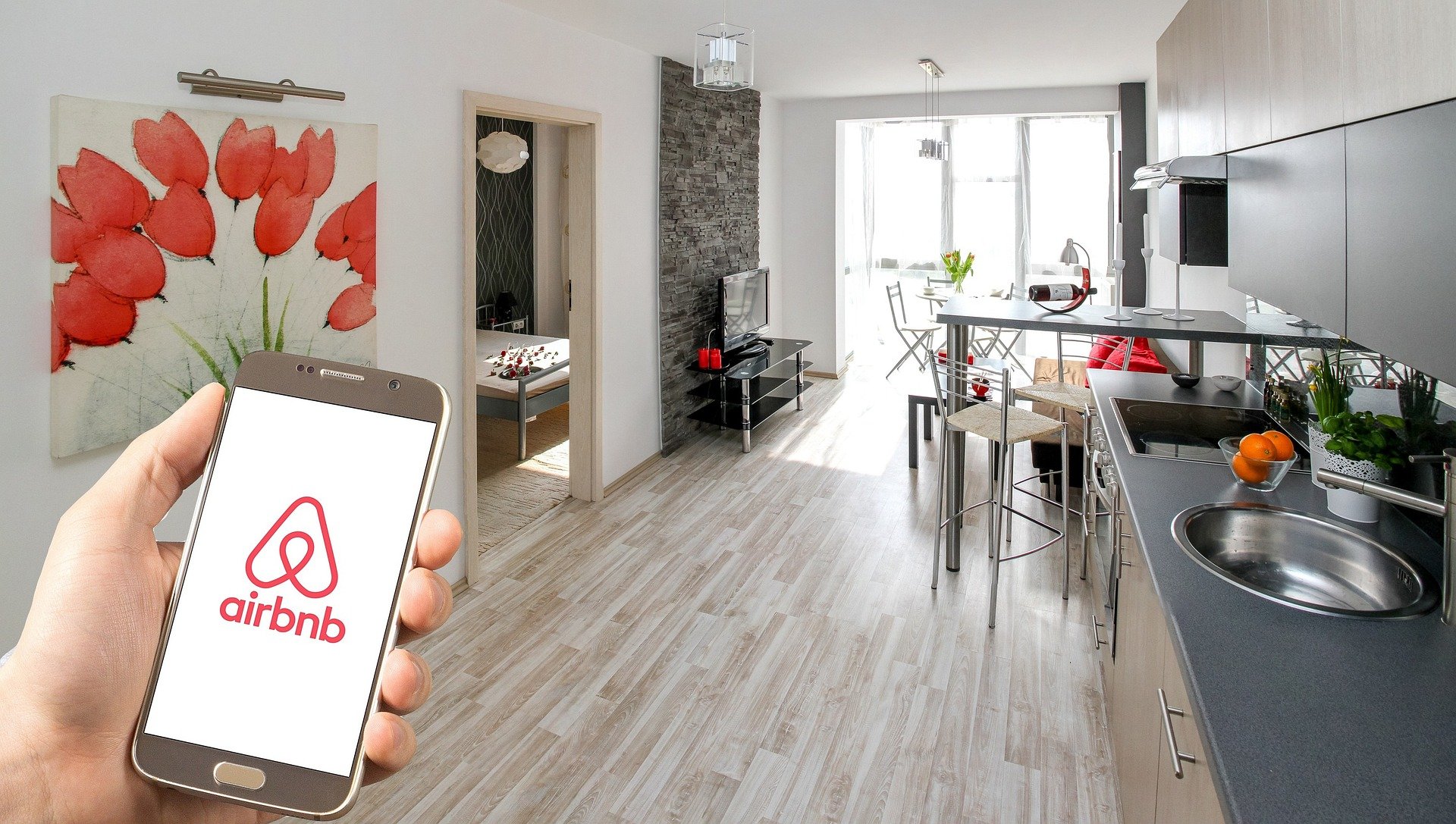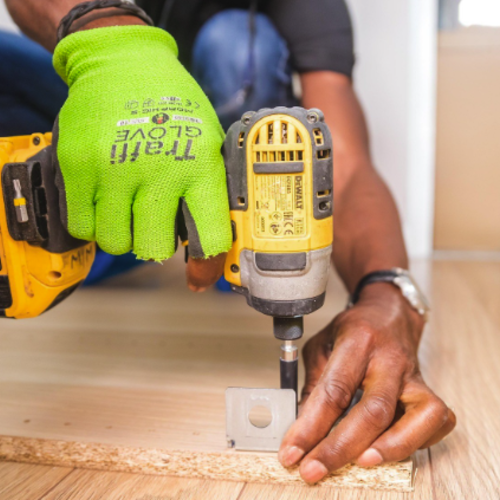Contributed y Craig Graves | Hanks Realty Group Realtor, brokered by eXp Realty
Over the past decade, Airbnb transformed how people travel—and how homeowners think about real estate. For years, owning a short-term rental felt like a golden ticket. Travelers were eager to book unique stays, and hosts often enjoyed generous returns.
But in recent months, a growing number of property owners are asking: Is the Airbnb boom coming to an end?
The Rise—and Plateau—of Short-Term Rentals
During the pandemic, demand for short-term rentals exploded. People sought safer, more private ways to travel, and investors rushed to meet the demand. Many homeowners converted properties into Airbnbs, and new investors entered the market, often buying with the expectation of high returns.
However, that rapid growth has begun to slow. While Airbnb remains a major force in the travel industry, several factors are making it harder for hosts to earn what they once did.
What’s Changing?
1. Too Many Listings, Not Enough Guests
As more people entered the short-term rental game, supply began to outpace demand—especially in popular vacation areas. Today, in many markets, there are simply too many Airbnbs chasing too few guests. This has led to lower occupancy rates and reduced nightly prices for many hosts.
2. Travelers Are Pushing Back
Guests have become more vocal about what they don’t like: high cleaning fees, long lists of house rules, and early checkout times. Some travelers are now opting for hotels instead, where the experience feels more consistent—and sometimes more affordable.
3. Cities Are Cracking Down
Local governments across the country are enacting stricter short-term rental regulations. Cities like New York, San Francisco, and even smaller communities are enforcing tighter restrictions on where and how Airbnbs can operate. In some areas, permits are limited, and fines are steep for non-compliance.
4. The Economics Are Changing
Interest rates are higher. Home prices are up. And the cost of maintaining a short-term rental has increased. That means it’s more expensive to buy and furnish a property—and the returns aren’t always what they used to be. For some investors, the math no longer makes sense.
What Does This Mean for You?
If you own a short-term rental or are thinking about buying one, now is the time to reassess your strategy. This doesn’t mean you should abandon the idea—but it does mean you need to run the numbers carefully, stay informed about local regulations, and have a backup plan in case rental income falls short.
For some homeowners, this may be the right time to pivot:
- Back to long-term rentals for more predictable income.
- Into a traditional sale if the property no longer meets your goals.
- Or even into mid-term rentals catering to traveling nurses, corporate relocations, or digital nomads.
Final Thoughts
The Airbnb market isn’t crashing—but it is normalizing. As with any real estate strategy, success comes from staying adaptable. If you’re unsure about what direction to take with your property, I’m here to help. Whether you’re thinking of selling, renting, or simply want an expert opinion on your options, reach out any time. Let’s talk about what makes the most sense for your goals in today’s market.


